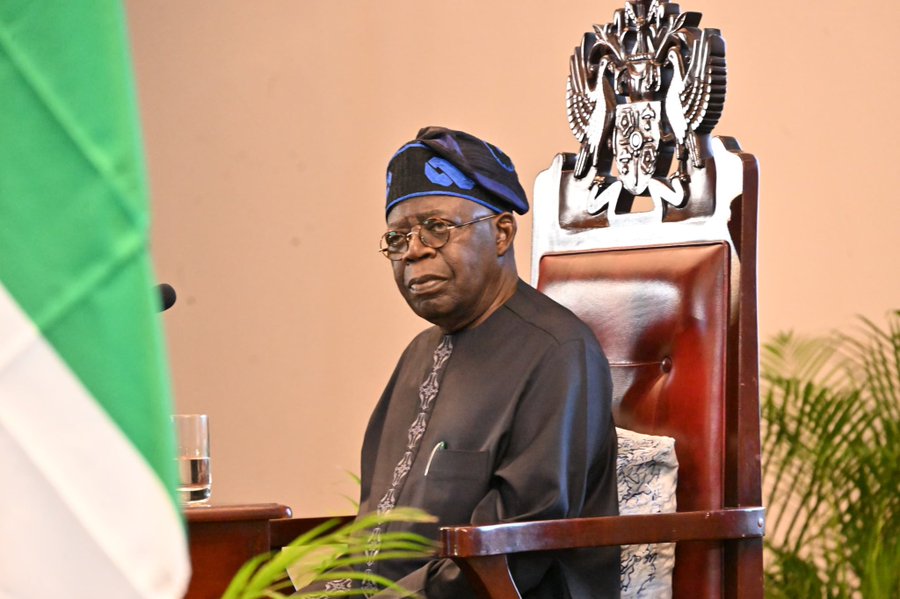Nigeria has intensified its campaign for Africa to secure permanent seats with veto power in the United Nations Security Council, arguing that a comprehensive reform of the global governance system is long overdue.
The call was made by President Bola Tinubu, represented by Vice President Kashim Shettima, on Monday during the first plenary session on Peace, Security, Governance and Multilateralism at the 7th African Union–European Union (AU-EU) Summit in Luanda, Angola.
Tinubu tasked the European Union (EU) with co-creating peace and security initiatives anchored on African-led frameworks to achieve sustainable stability across the continent.
READ ALSO: Nigeria, US agree to deepen security cooperation after high-level talks
He stressed that externally driven initiatives, regardless of intention, cannot succeed without strong regional ownership and an understanding of local dynamics.
The Nigerian leader emphasised the necessity of African solutions, stating, “We stand resolutely against the use of private military and security companies (PMCs) in African conflicts”, noting that their presence often complicates resolution efforts and undermines state sovereignty.
Nigeria’s commitment to regional stability, he noted, is exemplified by the Multinational Joint Task Force (MNJTF) in the Lake Chad Basin.
Highlighting the challenges of armed conflict, illicit weapons, climate pressures, irregular migration, and political instability, Tinubu urged EU Member States to support Africa’s demand for UN reform.
“It is time for Africa to occupy permanent seats on the UN Security Council, with all attendant privileges, including the veto. Genuine text-based negotiations under the Intergovernmental Negotiations (IGN) framework must now commence,” he stated.
The President shared that Nigeria’s combination of kinetic and non-kinetic measures against insecurity is yielding positive results.
He disclosed that as of early 2025, over 120,000 Boko Haram-affiliated individuals, including family members, have surrendered.
On the issue of irregular migration, Tinubu advised against criminalizing mobility, proposing instead that the EU and AU address the deep economic and demographic drivers.
He proposed structured labour pathways, such as Nigeria’s Technical Aid Corps or Business Process Outsourcing (BPO), to convert mobility into safe, orderly, and productive pathways.
The President also condemned the resurgence of Unconstitutional Changes of Government (UCGs) in Africa, linking them to “exogenous pressures that distort political balances.”
He called on the EU to work closely with African partners to address the structural drivers of these crises.
READ ALSO: BREAKING: UK rejects FG’s transfer of Ekweremadu to complete jail term in Nigeria
Referring to the conflict in Sudan, he welcomed the G7’s call for renewed diplomacy but stressed that “external actors fuelling the conflict must be held accountable.”
Nigeria’s commitment to peace and democratic governance is further reinforced by its initiation of the Regional Partnership for Democracy (RPD), an effort aimed at strengthening constitutional order and combating disinformation across West Africa.



